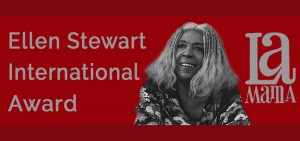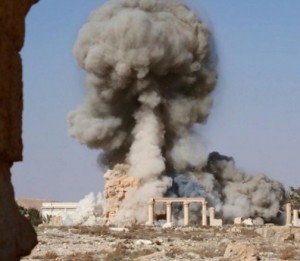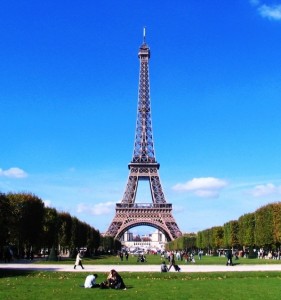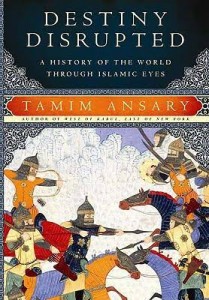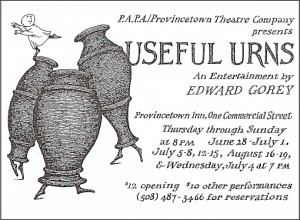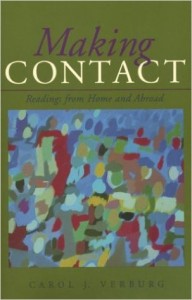How does globalization look from the other side of the globe? Find out from some of the most exciting literary voices you may never have heard before.
Starting in January, Boom-Books author Carol Verburg will lead a monthly tour of four nonWestern countries whose writers are weaving their own distinctive cultural heritages together with worldwide artistic techniques and political viewpoints.
What better way to brighten these long winter nights than with a tasting menu like this?


